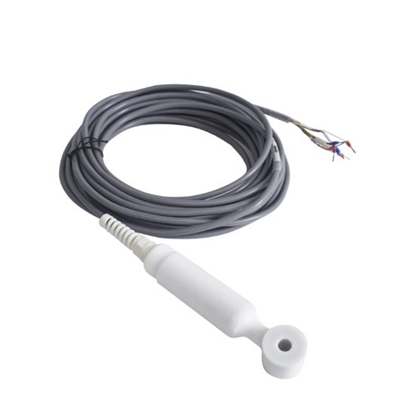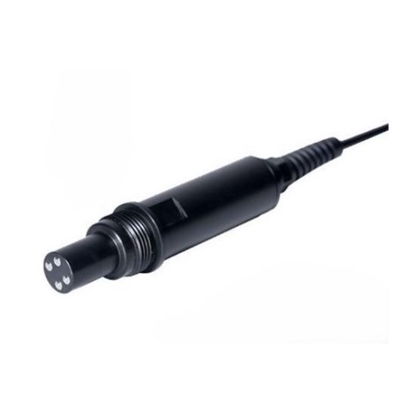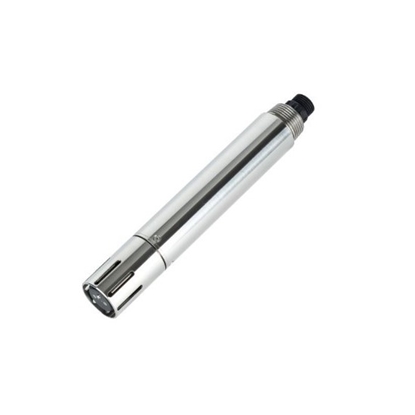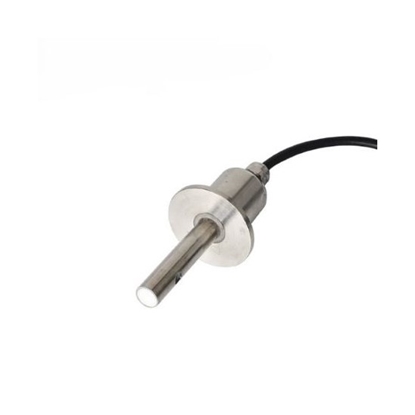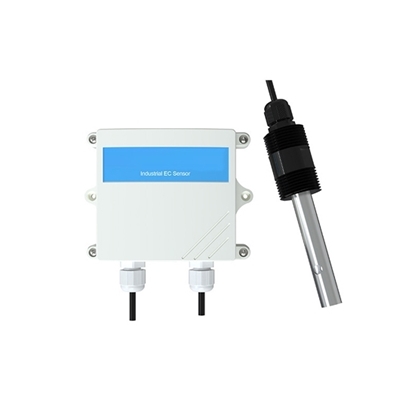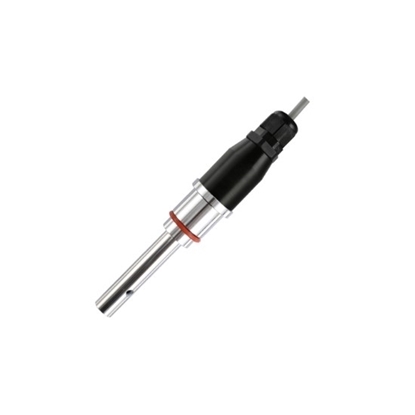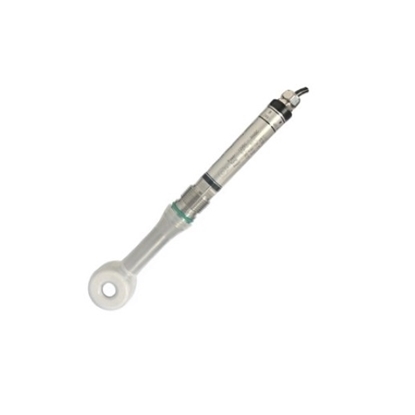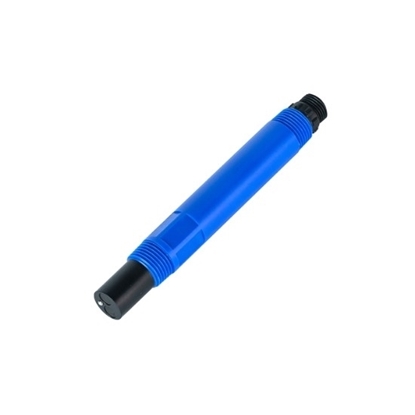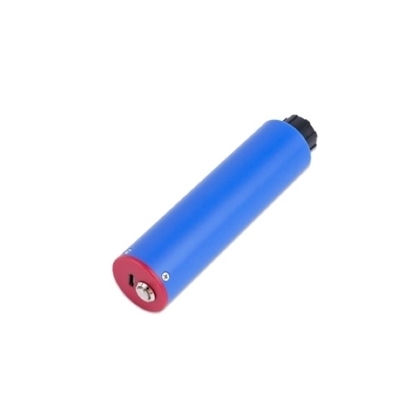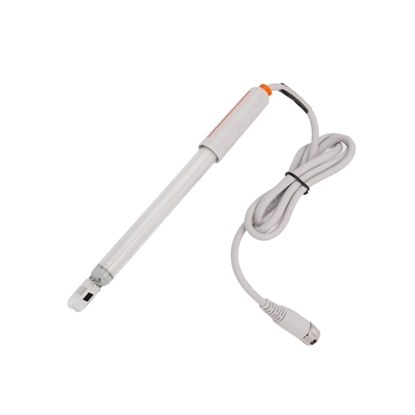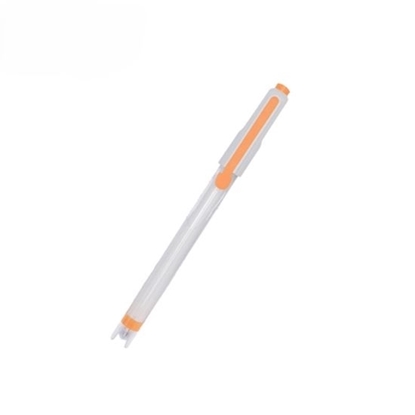Conductivity Sensor
Inductive Conductivity Sensor for Water, 4-20mA/RS485
4 Electrode Electrical Conductivity (EC) Sensor, 0.1~500ms/cm
2 Electrode Electrical Conductivity (EC) Sensor, 0~100ms/cm
Inline Conductivity Sensor/Probe for Liquid, 0~5000μs/cm
High Temperature Conductivity Sensor, 0~130℃, 0~2000μs/cm
Industrial EC Sensor, RS485/4-20mA/0-5V/0-10V
Contacting Conductivity Sensor/Probe for Water, 0~2000μs/cm
Sanitary Inductive Conductivity Sensor, 1~2000ms/cm
Wireless Conductivity Sensor, 0~5000μs/cm
Bluetooth Wireless Transmission Module for Conductivity Sensor
Portable Laboratory Conductivity Sensor, 2~20000μs/cm
pH and Conductivity Sensor with Composite Electrode, 0-14pH
ATO offers high-quality conductivity sensors for you to choose from, including contact conductivity sensors and inductive conductivity sensors. The conductivity measurement range is from 0.01~20μs/cm to 2~20000μs/cm, with a wide range of applications. Conductivity sensors with different measurement ranges are suitable for different situations. Our conductivity sensors are factory direct and affordable. Buy online now!
What is a conductivity sensor?
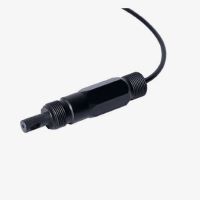
A conductivity sensor is an instrument used to measure the conductivity of a solution. Its core function is to reflect the concentration or purity of an electrolyte by detecting the migration ability of ions in a solution. In actual construction, a conductivity sensor is mainly composed of an electrode system, a temperature compensation element, and a signal processing circuit. Common electrode materials include platinum, graphite, stainless steel, and titanium alloys. Different materials are suitable for different measurement environments and medium characteristics. Among them, platinum black electrodes are often used for high-precision laboratory measurements due to their stable chemical properties and large effective surface area. In industrial environments, corrosion-resistant titanium alloys or economical graphite electrodes are more likely to be used. Temperature sensors are used to monitor the solution temperature in real time and automatically compensate for the measurement results, because the conductivity value will fluctuate significantly with temperature changes.
How do conductivity sensors work?
Contacting conductivity sensors: Contacting conductivity sensors generally have two or four electrodes, and the electrodes are energized during operation: the controller applies an AC voltage of known frequency and amplitude between the two electrodes (usually tens to thousands of Hz to prevent polarization). If there are soluble ions in the liquid between the electrodes, current will be conducted. The contact conductivity sensor measures the current intensity (I) passing through the liquid, combines the known voltage (V) and the electrode geometry constant (K), calculates the resistance value R according to Ohm's law (V=IR), and then obtains the conductivity (σ). Because conductivity changes with temperature, contact conductivity sensors generally integrate temperature probes for automatic temperature compensation to ensure accurate measurements.
Inductive conductivity sensor: Inductive (non-contact) conductivity sensors use two coils to replace traditional electrodes. One coil acts as an excitation coil to generate an alternating magnetic field. This magnetic field induces eddy currents in the liquid. The eddy currents in turn generate an induction signal in the second coil (detection coil). The strength of the eddy current is proportional to the conductivity of the liquid, and the system calculates the conductivity based on the strength of the induction signal. The advantage of inductive conductivity sensors is that the liquid does not come into contact with the metal electrodes, which is very suitable for liquids that are highly corrosive or prone to scaling.
What are the applications of conductivity sensors?
Conductivity sensors are widely used in various industries and scenarios that require monitoring of ion concentration or electrolyte content in water. The core function of conductivity sensors is to determine the purity, concentration, degree of contamination or reaction process of liquids by measuring the conductivity of liquids. The following are common application categories:
- Water treatment industry: Water plants and sewage treatment plants monitor water quality changes, promptly discover pollution sources to determine whether water treatment meets standards, and control the precise addition of dosing.
- Reverse osmosis (RO) system: Detect the conductivity of influent and produced water, evaluate membrane filtration efficiency, and determine whether the filter element needs to be replaced or the system needs to be cleaned.
- Food and beverage industry: Check the purity of drinking water, control the concentration of solutions (such as syrup or brine) in brewing and beverage ingredients, and confirm the flushing effect of the cleaning process (CIP).
- Pharmaceutical industry: The conductivity of purified water (PW) or water for injection (WFI) must meet pharmacopeia requirements (such as USP, EP), and monitor the water quality of each process in real time to prevent pollution.
- Agriculture and environmental monitoring: Monitoring of nutrient concentrations in irrigation water or hydroponic solutions, conductivity measurements of lakes, rivers, and groundwater for environmental pollution assessment, and water quality testing of rainwater collection systems.

